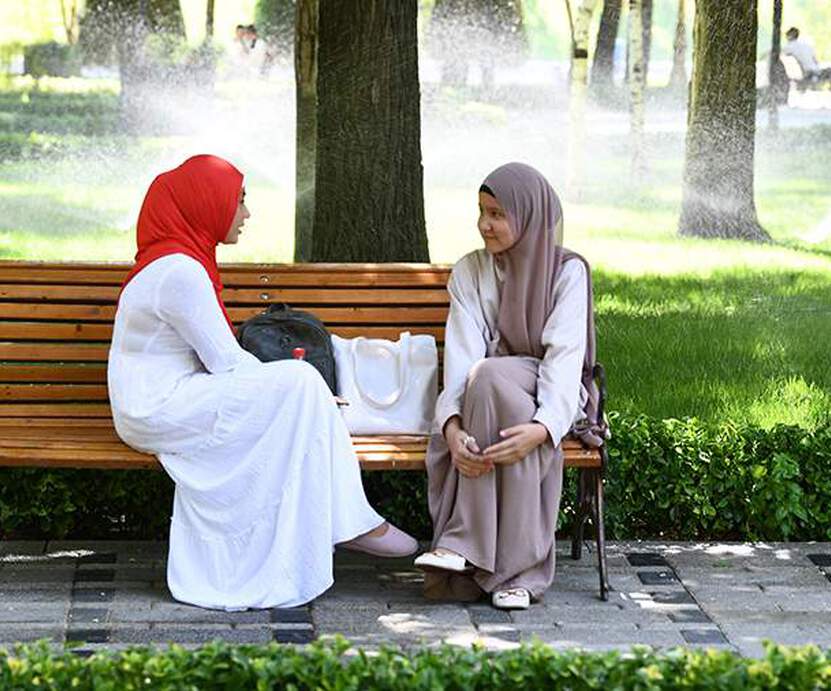
The President of Tajikistan, Emomali Rahmon, has signed a law banning the wearing of "foreign" clothing as part of the "Regulation of Celebrations and Ceremonies" bill. The law imposes fines for non-compliance. However, it is unclear which types of clothing are considered "foreign" to Tajik culture and are prohibited from sale and wearing.
In addition, the law now prohibits the practice of "idgardak", a unique tradition where children perform carols during the holidays of Ramadan and Eid al-Adha.
The president's press service states that this legislation aims to protect national culture and values, prevent superstitions, and curb excessive spending during celebrations. The law was passed amidst complaints on social media about authorities stopping women wearing hijabs and demanding that they uncover their heads or wear the hijabs as scarves. There have also been cases where women in hijabs were denied entry to clinics and hospitals. Raids have also been conducted in clothing markets, where sellers were banned from selling hijabs.
This move by Tajikistan follows on from a similar ban enacted in Denmark in May 2018, where a majority of parliamentarians voted to introduce a national ban on face-covering headgear and clothing. From August 1st, fines starting at $160 for the first offense and $1,600 after the third offense will be imposed.